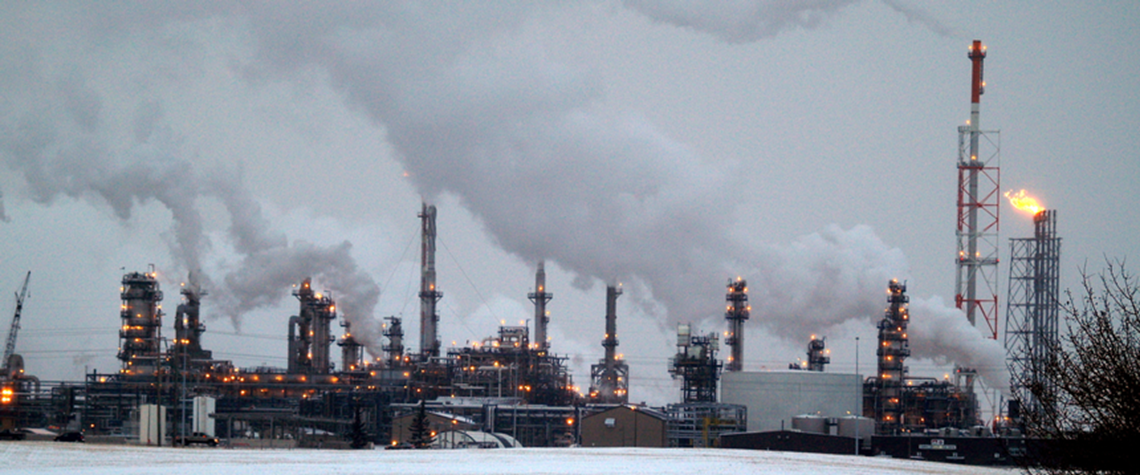IEA calls for Canadian emissions reduction action
The country’s oil and gas sector is a culprit in disappointing delivery despite good policymaking
The IEA has lauded Canada’s leadership in policies to cut greenhouse gas (GHG) emissions, including its increasingly aggressive reduction targets and high and rising national carbon tax. But it also implicitly criticises the country for a lack of progress in reducing its national emissions to date. And a major reason for Canada’s failure to reduce national emissions since 2005—when they stabilised at c.730mn t after jumping over a third from 1990 levels—is continuing growth of the country’s oil and gas production, concludes the IEA’s mid-January report, Canada 2022: Energy Policy Review. This has basically negated emissions reductions elsewhere in the Canadian economy over that period, despi

Also in this section
1 August 2025
A number of companies have filed arbitration claims against Gazprom over non-deliveries of contracted gas or other matters—and won. The next step is to collect the award; this is no easy task but it can be done thanks to an international legal framework under the New York Convention.
1 August 2025
Europe’s refining sector is desperately trying to adapt to a shifting global energy landscape and nowhere is this more apparent than in its largest economy
1 August 2025
The Middle East natural gas playbook is being rewritten. The fuel source offers the region a pathway to a cleaner, sustainable and affordable means of local power, to fasttrack economic development and as a lucrative opportunity to better monetise its energy resources.
31 July 2025
TotalEnergies is an outlier among other majors for remaining committed to low-carbon investments while continuing to replenish and expand its ample oil and gas portfolio, with an appetite for high risk/high return projects.








